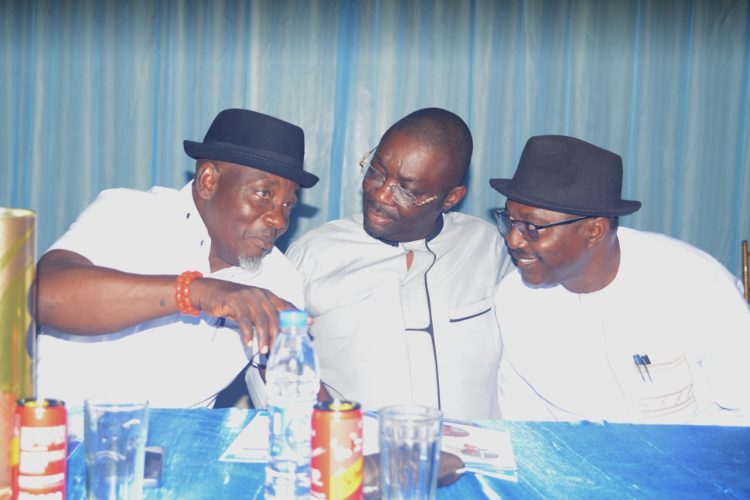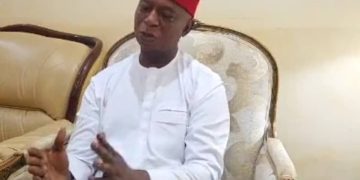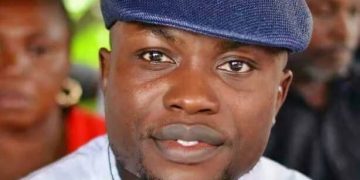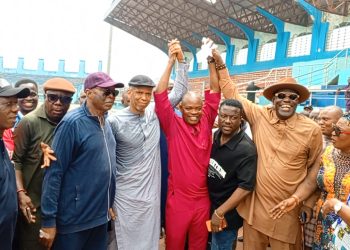Leaders in governance, academia, civil society, and the media converged on Wetland Hotel, Ughelli, Delta State, on Friday, April 25, 2025, to discuss the widening gap between politics and governance in Nigeria.
The occasion was the second edition of the Advocate Publication Ltd Annual Lecture Series, titled “Between Governance and Politics: The Delicate Balancing to Ensure Growth and Development.”
Delivering the welcome address, Mr. Shedrack Onitsha, Chief Executive Officer of Advocate Publication Ltd, publishers of Advocate Newspaper, noted that the lecture series was borne out of a desire to trigger vital conversations about the nation’s development. “We are disturbed by a trend where the obsession with political survival overshadows the responsibility of governance. Officeholders get sworn in and immediately begin preparing for the next election,” he lamented.
Onitsha stressed that Nigeria cannot progress when leaders treat governance as a secondary concern. “We must begin to interrogate what value politics brings if it fails to deliver development. This platform is our contribution to nation-building — to inspire a reset in thinking and practice among our political leaders,” he added.
Chairman of the event, Olorogun Austin Emaduku, described governance and politics as two forces that must operate in synergy. “Governance is about policy implementation, while politics is about power dynamics. But if power is pursued without a governance agenda, the people suffer. We need to strike a balance that ensures both serve the national interest,” he said.
Emaduku argued that sustainable growth can only come when politics supports governance rather than obstructing it. “Strong institutions, ethical leadership, and active citizen engagement are necessary pillars for this balance,” he added, urging citizens not to be passive but to demand accountability.
Keynote speaker, Prof. Abanum Innocent Ifelunini, a development economist, said Nigeria’s underdevelopment can largely be traced to the politicisation of governance. “When short-term political interests take precedence over long-term planning, there can be no meaningful development. We must rethink politics and insist on responsible governance,” he advised.
Speaking to journalists after the event, Prof. Ifelunini further emphasised the need for continuity in economic policy and national planning. “Governance must not stop because politics is heating up. Politicians must understand that true leadership means looking beyond the next election,” he said.
Amb. Pas Edewor Egedegbe, moderator of the panel session and Executive Director of Value Rebirth and Empowerment Initiative, noted that citizens have a role to play in bridging the gap between politics and governance. “Too many Nigerians only wake up during elections and go back to sleep afterwards. Governance begins where politics ends — we must learn to hold leaders accountable all year round,” he said.
Egedegbe added that events like the lecture series were timely, especially with unfolding political developments in Delta State. “The relevance of this conversation cannot be overstated. Citizens must stop clapping for politicians who fail to deliver. Our silence is complicity,” he said.
In a passionate comment, Mr. Shedrack Onitsha pointed to what he described as a national crisis of misplaced priorities. “Even at the federal and state levels, midway into political terms, we see more campaigns and power plays than policy conversations. Where then is governance?” he asked rhetorically.
According to Onitsha, the lack of visible development agendas is a symptom of a deeper structural problem. “If governance continues to be sacrificed on the altar of political ambition, we will keep recycling poverty and stagnation,” he warned.
Discussants at the event included Prof. Andrew Agboro, Amb. Stella Odika, and Mr. Emmanuel Enebeli, who all echoed the need for electoral reforms, institutional strength, and public enlightenment to fix the imbalance between politics and governance.
Participants praised Advocate Newspaper for its foresight in hosting the lecture. One attendee said, “This isn’t just a lecture; it’s a wake-up call. Our future as a nation depends on getting governance right.”
As the session closed, the consensus was clear — Nigeria must recalibrate its leadership ethos. Politics should no longer be a game of survival, but a tool to engineer lasting development. Governance, they said, must once again take its rightful place at the heart of leadership.













